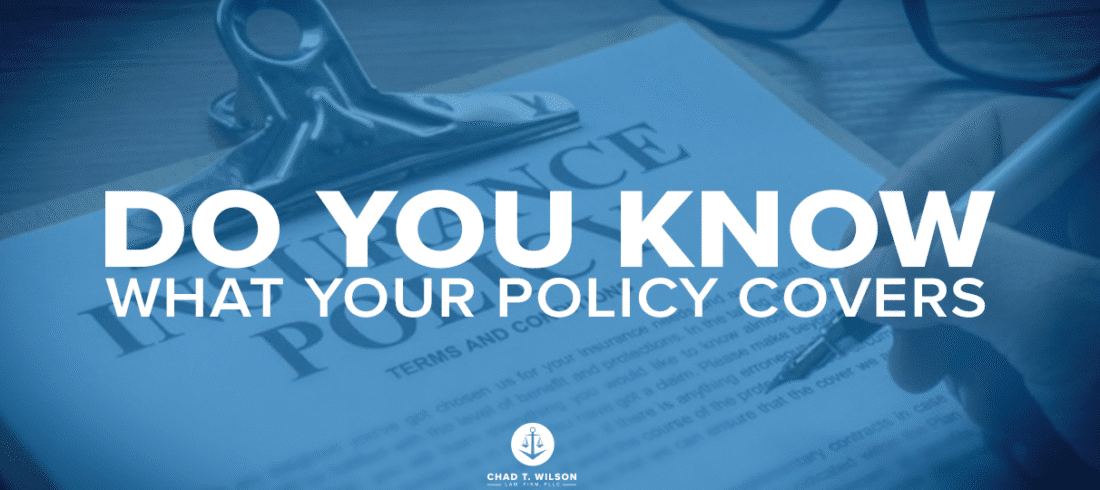
What is condensation?
Property condensation damage refers to harm or deterioration caused by the accumulation of moisture and condensation within a building. Condensation occurs when warm, moist air comes into contact with a surface that is colder than the dew point, leading to the conversion of water vapor into liquid water. If condensation is not adequately managed, it can result in various issues within a property. Here are some common forms of property condensation damage:
- Mold and Mildew Growth:
- Cause: Excessive condensation in areas with poor ventilation or high humidity levels can create a conducive environment for mold and mildew growth.
- Consequences: Mold and mildew can damage building materials, compromise indoor air quality, and pose health risks to occupants.
- Structural Damage:
- Cause: Prolonged exposure to condensation can lead to the deterioration of structural components such as wooden beams, studs, and framing.
- Consequences: Structural damage may compromise the integrity of the building and require costly repairs.
- Staining and Discoloration:
- Cause: Condensation on surfaces can result in staining and discoloration of walls, ceilings, and other visible areas.
- Consequences: Aesthetic damage may reduce the appeal of interior spaces, necessitating painting or refinishing.
- Damage to Insulation:
- Cause: Persistent condensation in wall cavities or attics can saturate insulation materials, reducing their effectiveness.
- Consequences: Reduced insulation efficiency can lead to increased energy consumption and higher heating or cooling costs.
- Corrosion:
- Cause: Condensation on metal surfaces, such as pipes or structural elements, can lead to corrosion.
- Consequences: Corrosion weakens metal structures and components, potentially leading to failures and the need for replacements.
- Electrical Damage:
- Cause: Condensation in areas with electrical components, such as electrical panels or wiring, can lead to electrical malfunctions.
- Consequences: Electrical damage may pose safety hazards and result in the need for repairs or replacements.
- Health Issues:
- Cause: Excessive condensation can contribute to elevated indoor humidity levels, creating a favorable environment for allergens and respiratory irritants.
- Consequences: Occupants may experience health issues such as respiratory problems or exacerbation of existing conditions.
Preventing and Addressing Condensation Damage:
- Proper Ventilation: Ensure adequate ventilation in areas prone to condensation, such as bathrooms, kitchens, and attics. Use exhaust fans and consider installing ventilation systems.
- Moisture Control: Implement measures to control indoor humidity levels, such as using dehumidifiers and ensuring proper ventilation.
- Insulation: Properly insulate walls, ceilings, and other surfaces to minimize temperature differentials that can lead to condensation.
- Air Sealing: Seal gaps and cracks in the building envelope to prevent warm, moist air from infiltrating cold surfaces.
- Regular Maintenance: Inspect the property regularly for signs of condensation damage and address issues promptly.
- Use Vapor Barriers: Install vapor barriers in areas where condensation is likely, such as crawl spaces or basements, to prevent moisture penetration.
By implementing preventive measures and promptly addressing condensation-related issues, property owners can mitigate the risk of damage and maintain a healthy and durable building.
Learn more about our attorneys:
https://cwilsonlaw.com/meet-the-team-chad-t-wilson-law-firm-pllc-insurance-attorney/
Follow us on Social media:
https://beacons.ai/chadtwilsonlaw
Contact our Chad T. Wilson Law Firm Office Locations to Schedule a free Consultation.
Chad T. Wilson is an attorney whose firm specializes in property insurance disputes.
« Back to Glossary Index


